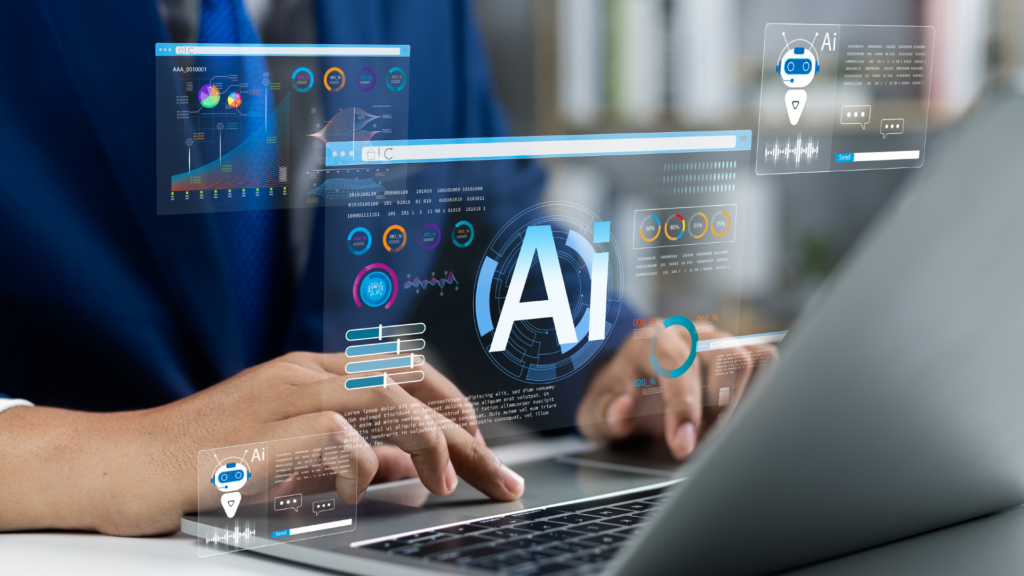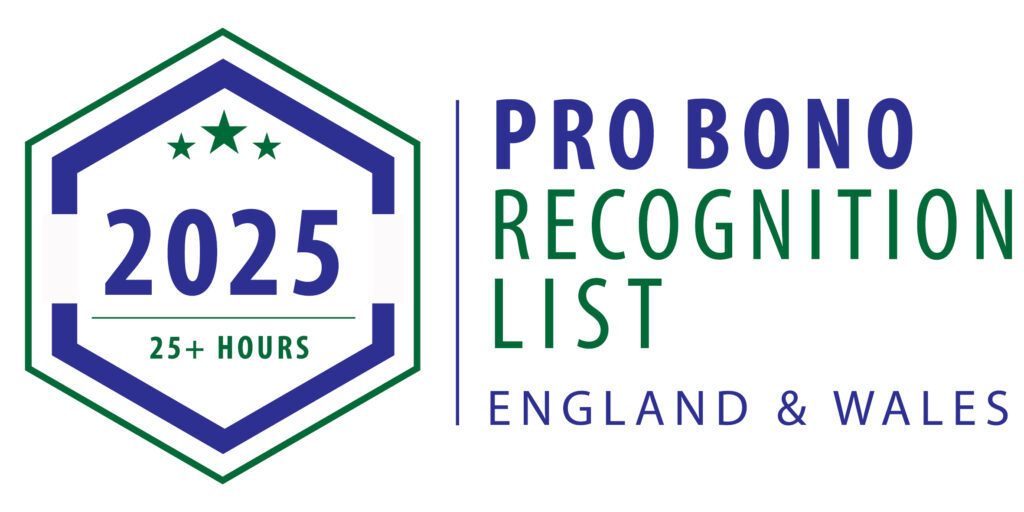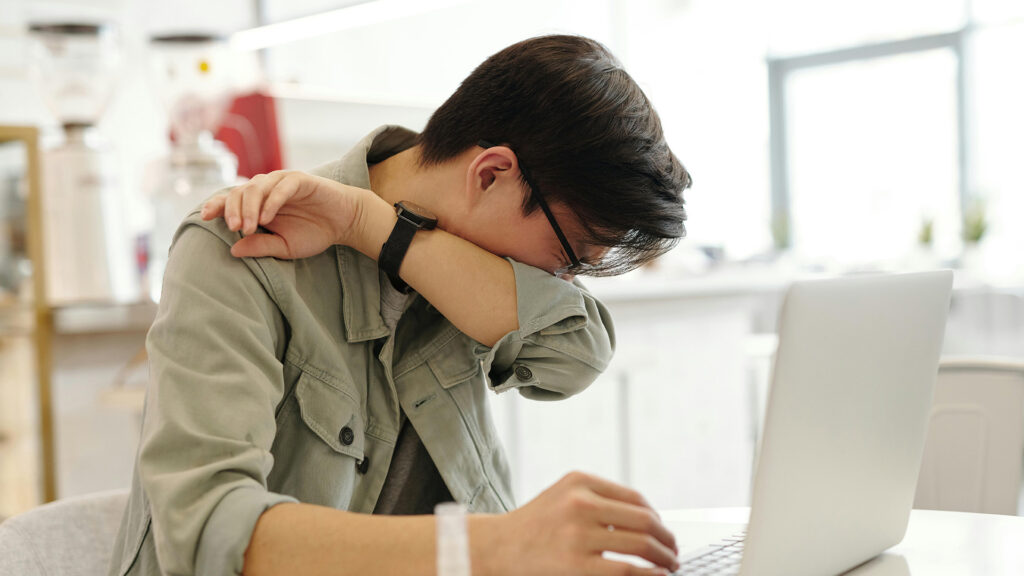The UK Government has published its long-awaited consultation on Copyright and Artificial Intelligence.
As a reminder, the previous Government made a policy decision (following its consultation on the same subject in 2021) to allow data scraping of copyright-protected works for any commercial purposes, including the training of AI tools. However, this was scrapped in February 2023 following significant opposition from rights holders within the creative industries, who would have had no option to opt their works out of the proposed exemption.
The current consultation has not shied away from the tension between the UK’s AI sector and its creative industries, addressing the two in the opening paragraph:
Two major strengths of the UK economy are its creative industries and the AI sector. Both are essential to driving economic growth and delivering the government’s Plan for Change. The government is determined to build on the strengths of the UK AI sector and […] also recognises the continued economic and cultural contributions of our world-leading creative industries.
The issue the Government faces, balancing the desire to grow the UK’s AI capabilities with the rights of artists within the creative industries, is part of a wider challenge for the Government to sufficiently regulate AI without hampering innovation. For the creative industries in particular, AI poses a real threat to the rights of artists whose works can effectively be copied and duplicated, or imitated, by AI. On the data input side, copyright laws protect those rights by preventing the use of protected materials for commercial purposes without the right holder’s consent. However, to have useful AI tools, systems like ChatGPT need to be trained on large quantities of data, which often includes copyright-protected materials.
So, what is the Government proposing as a solution?
The Government is currently consulting on three objectives:
- boosting trust and transparency between the sectors, by ensuring AI developers provide right holders with greater clarity about how they use their material
- enhancing right holders’ control over whether or not their works are used to train AI models, and their ability to be paid for its use where they so wish and
- ensuring AI developers have access to high-quality material to train leading AI models in the UK and support innovation across the UK AI sector.
The consultation also seeks to address the issue of copyright protection for AI generated works (often referred to as the output side). In England and Wales, as with most jurisdictions around the world, copyright belongs to the author of an original work. But, where works are generated by AI, it isn’t clear who the author is or, if one can be identified at all. As a workaround, the courts have sought to apply existing definitions found under s.9 of the Copyright, Designs and Patents Act 1988 (CDPA), which defines “computer-generated work” as work that is “generated by a computer in circumstances such that there is no human author”. For literary, musical, dramatic or artistic computer-generated works, CDPA treats the author as (and ascribes the copyright to) “the person by whom the arrangements necessary for the creation of the work are undertaken”. In other words, under CDPA computer-generated works can still have an author, provided we can identify the person who made the “necessary arrangements” for the work to be created.
CDPA was incredibly forward-thinking for its time and, even to date, puts UK legislation ahead of most other jurisdictions in recognising the copyrightability of computer-generated works. However, it could not anticipate the seismic growth of AI in recent years, nor the increasingly complex “arrangements” that support an entire AI system, from data collection and preparation to coding algorithms, training the AI and, eventually, drafting prompts. Identifying the point on that journey (much simplified here) at which authorship is attributed is now the pertinent question for UK copyright law with respect to AI generated works. This issue, for which the courts and legislators are yet to issue a definitive test, compounds the innovation vs protection debate, as the Government wants industries to use AI in innovative and creative ways to find new solutions, but when those solutions may not be protectable, industries are reticent to use (or at least to admit to using) AI to find them.
Finding a solution at either the input or output side that satisfies both the UK’s AI sector and its creative industries is going to be difficult; there is already some concern that the pro-active steps rights holders may be required to take to protect their works will put them at a disadvantage against the fast-paced AI sector. Nonetheless, the consultation is a welcome step towards a clearer stance from the Government on AI and Copyright, and a further development in the UK’s evolving regulatory framework for AI.
How can we help?
Our tech experts at Capital Law are here to support you with all aspects of AI in 2025 and beyond. Please get in touch with Oliver Wannell in our Commercial Disputes team who will be able to support you.




